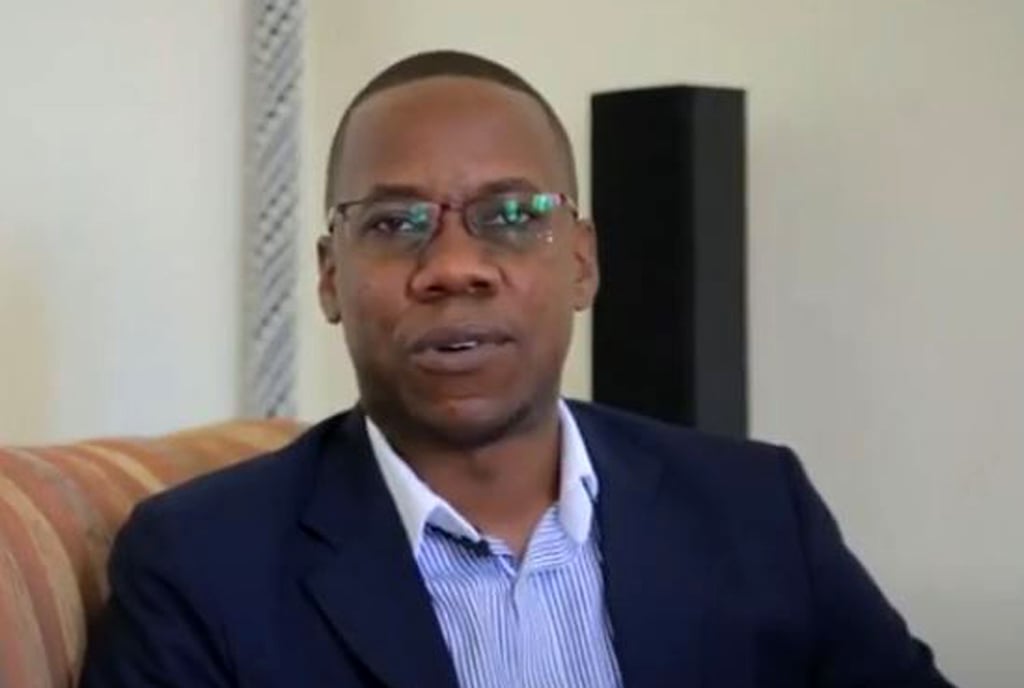
Will-writing must be done when one is in sound mind and health. PHOTO/ SHUTTERSTOCK
Citing their fast fleeting years, Mr Charles Mudiwa’s parents called them home in the presence of their uncle, aunt and their father’s sister-in-law and read the will to them. Detailing matters such as the clothes they wanted to be buried in and the burial grounds. In less than five minutes, the ceremony curtains were closed, with two weeks to think about what they had heard and offer their suggestions.
“It was tough as my brother got nothing while everything came to me,” he says.
Mr Mudiwa, who is also the managing director of dfcu Bank, says he was given a document to sign detailing how he should carry out his roles as the heir.
“20 years later, the will is followed and I am still fulfilling my duties,” he says.
This reminds me of a 2006 movie, ‘The Ultimate Gift’ By Jim Stovall where Mr Red Stevens, save writing a will leaves a video (a supporting document) to guide his great nephew, Jason Stevens on what he must do if he were to get the stated inheritance.
In this video, Mr Stevens wanted his great nephew to learn about various things, he termed ‘gifts’ such as that of work, money, friends, learning, problems, family, laughter, dreams, giving, gratitude, day and love. The aim was that, unlike his squandering children, this reckless boy would turn into a polished diamond. Then he would get the ‘ultimate gift’ with a developed power to use it to make the world a better place.
A will is a document under which a testament maker would gift or record their wishes in a way they feel their estate should be distributed or managed.
Mr Mudiwa says will writing and reading should not be an abnormal matter or something to abhor.
“One should clearly state what they need to be done. For instance, though my father lived in town, he clearly stated that he wanted to be buried in his ancestral home. Therefore, there was no confusion on that day,” he says.
Legal framework
Counsel Arnold Kimara of Kimara Advocates & Consults, says the issue of additional documents falls squarely on the principle that whoever reads the will should ably understand and appreciate the final wishes of the testator.
“A will can be as detailed as they can get, but sometimes to give effect to the intention of the testator, it can require looking at other documents beyond just a will,” he says.
Counsel Kimara says the validity of additional documents to a will have their foundation in Section 51 of the Succession Act. It says, “If a testator in a will or codicil refers to any other document then actually written, as expressing any part of his or her intentions, that document shall be considered as forming a part of the will or codicil in which it is referred to.”
The law in Section 2, Subsection C defines the codicil as an instrument explaining, altering or adding to a will and which is considered as being part of the will.
For instance, the testator may reference an agreement they signed with one party, asking the will executor to honour it.
“By instructing the persons in the will to honour the agreement the testator had, it creates an interest in the will. In essence, when executing a will, one does not only rely on the will,” he says.
Therefore, it is imperative that if one wants to refer to a document in executing their will, it is named in the will and the necessary action.
Importance of additional documents
Ms Gudula Naiga Basaza, the managing director of Gudie Leisure Farm, backs the writing of addendums to the will.
“If you are giving people your bakery, have you also told them how it runs? How do you get and keep clients? There are unwritten rules that are crucial to the survival of the business past the owner’s lifetime. It could be a manual on how the establishment is operated, otherwise, it will be misused or poorly run to its closure,” she says.
With business comes corporate-related matters and Counsel Kimara adds that with addendums, one can ensure business relations are maintained and in harmony with family.
“There are several team players other than the family. These include co-owners, shareholders, directors, non-equity financers, creditors, and staff (employees). With the codicil regarding the business, even the dividend earnings, if any, are streamlined to avoid disruptions,” he says.
Counsel Kimara agrees with Mr Mudiwa saying the additional documents can also help in giving fine details about family property distribution. For instance, they may say that all that was built remains while guiding its continuity.
“That is helpful where there are children who will need resources to continue survival, and dependent relatives who are unable to lead an active life,” he says.
Adding, “In modern-day estate planning, it is wise that wills are drafted this way. That is because the process of accumulating family wealth is tough. To simply dissolve it by selling devalues it as it is to whoever is willing to pay,” he says.
Applicability
While there are several documents that one can add to the will, Counsel Kimara says they apply in specific instances.
“These documents only apply to unprivileged wills (those made by ordinary people) and not privileged wills (such as those made by soldiers as they are going to war). That is because privileged wills are event bound, say a war and should the soldier return, it is no longer valid,” he says.
Written document
Counsel Kimara says these additional documents must be written documents. However, drawing from the example of the movie, ‘The Ultimate Gift’, where Mr Stevens recorded a video with instructions on what his great nephew had to do before getting the inheritance, one wonders where the place of audio and videos is in creating the extra instructions.
How about those with hearing impairment, sight impairment, or when one feels that the point will best be communicated in another form save a written document?
He says that clarity is in the Succession Act, Section 51 which says “...Any other document then actually written...’
“The law only provides for written documents for these codicils. In cases where the testator has impairments, they should get someone to write it out for them. In regards to the movie, while the executor was also part of the video recording, they operate in a different jurisdiction hence their practices may not stand in Uganda,” he says.
Will-writing must be done when one is in sound mind and health.



